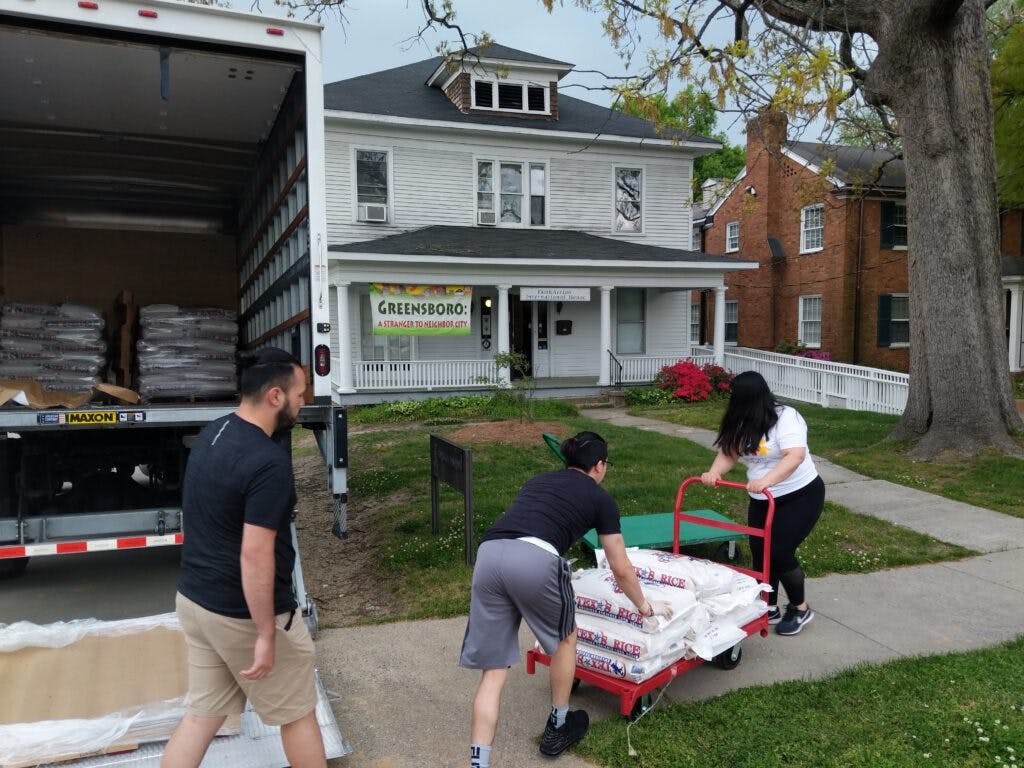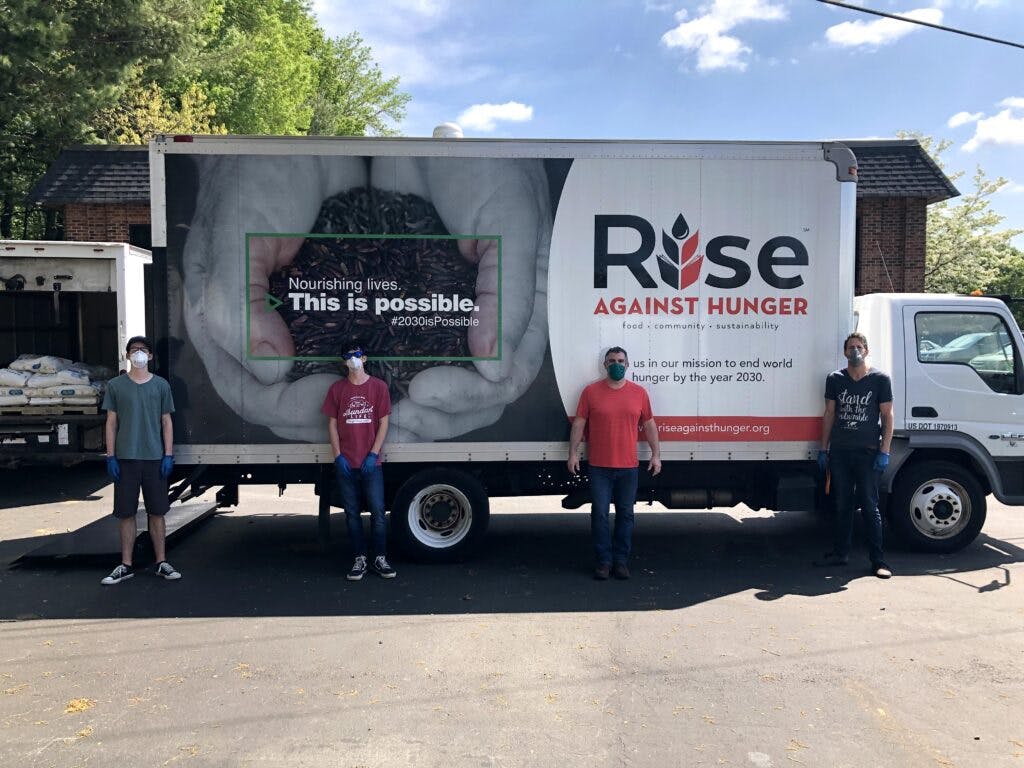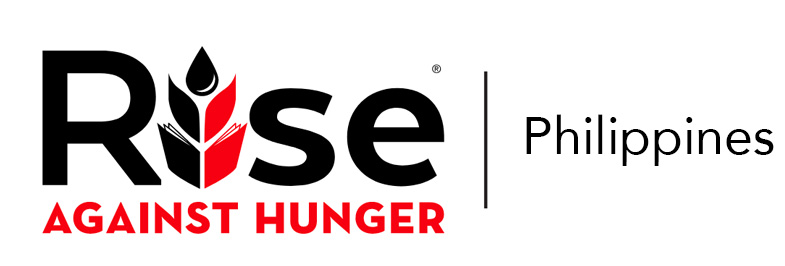Defying COVID-19, Defying the Odds

COVID-19 is pushing people to the brink. Rise Against Hunger and its partners are pushing back. While the ongoing pandemic is causing severe disruptions, it is also showcasing humanity’s ingenuity and ability to overcome any obstacle, even that which threatens not only our lives but our livelihoods and our quality of life. The rise of COVID-19 is expected to hit the most vulnerable countries hardest as it compounds on existing drivers of food insecurity.
As people lose their livelihoods as a result of protective measures to inhibit the spread of the disease, countries must devote more resources to social safety net initiatives. Not only must countries address the root causes of hunger, but they also deal with this crisis, further straining their already limited resources. We cannot save lives from the disease only to lose them to hunger, but this doesn’t mean we have to choose one or the other. It means we have to change the way we go about addressing the levels of food insecurity that people experience due to the pandemic.

COVID-19 is revealing that Americans are just as vulnerable to shocks as those in any other country. As part of our effort to tackle the crisis at home, Rise Against Hunger shifted its response mechanism to distribute bulk rice in local communities across the United States. To date, about 23,000 people in communities across the country from California to New Jersey have received a total of 385,150 lbs. of food. This comes at a critical time in the lives of many Americans when millions have lost their jobs and the unemployment rate has reached levels not seen since the Great Depression.
Abroad, Rise Against Hunger and its partners are changing the way we serve those most in need. While schools across the world were closed to prevent the spread of the disease, there are millions of students who are now unable to receive a guaranteed meal through school feeding programs. Our network of partners has adjusted their models to accommodate the proper precautions to abate the spread of COVID-19, shifting to the distribution of take-home rations instead of serving meals through school to ensure that they continue to receive critical nutrients. One such partner has been authorized by the government of Zambia to give students and their families take-home rations on a bi-weekly basis.

Other partners have adopted an emergency response model to address hunger exacerbated by the protective policies in the communities they serve. In Honduras, we’ve witnessed a shift from a school feeding program to distributing food relief packages, which include Rise Against Hunger meals and local commodities, to meet the needs of families for two weeks at a time. In the Philippines, eight containers of Rise Against Hunger meals have been released for distribution to families affected by COVID-19. Community leaders are able to report via SMS messaging the type of emergency affecting families and the number of families affected. Then those families are made eligible to receive enough food to meet a week’s worth of their needs. Frontline workers are taking special precautions to lower the risk of catching or spreading the disease such as limiting the number of people transporting food to minimize exposure.

Partners in Haiti are demonstrating an admirable tenacity as they explore new ways of assisting the people they serve. As supplies of personal protective equipment are strained, one partner is actually working with the local community to manufacture face masks in the country. Another partner, New Hope Hospital, ensured hospital staff was adequately informed on the disease and circulated pamphlets on protective measures such as proper handwashing, social distancing and limiting gatherings. They also took to the streets to share the message. They conducted community sensitization through a shouting campaign, spreading information via loudspeakers loaded onto the back of a truck and door-to-door visits while taking all necessary precautions.

During an emergency response operation in Yemen, one partner went so far as to disinfect the pens used by beneficiaries receiving Rise Against Hunger food assistance after each use.
Now, Rise Against Hunger is shifting gears once again. Although meal packaging has effectively halted as we follow social distancing guidelines and avoid large gatherings of people, we’re innovating how we support our partners and serve those most in need. In lieu of shipping food assistance, Rise Against Hunger is engaging several partners to embark on the local or regional procurement of food commodities.

It’s easy to lose ourselves to fear, to let ourselves be swept away in a sea of discouraging statistics, but what humanity is demonstrating at this very moment is there is nothing with all our spirit, our resourcefulness, and each other that we cannot overcome. It’s important to understand that this is not an international crisis, it is transnational, meaning that the crisis is not bound by national borders. We have to learn to tackle issues such as COVID-19 and hunger less as individuals and more as a whole. We ask now that you band with us as Rise Against Hunger, our partners and the people we support to continue to meet this challenge head-on.

